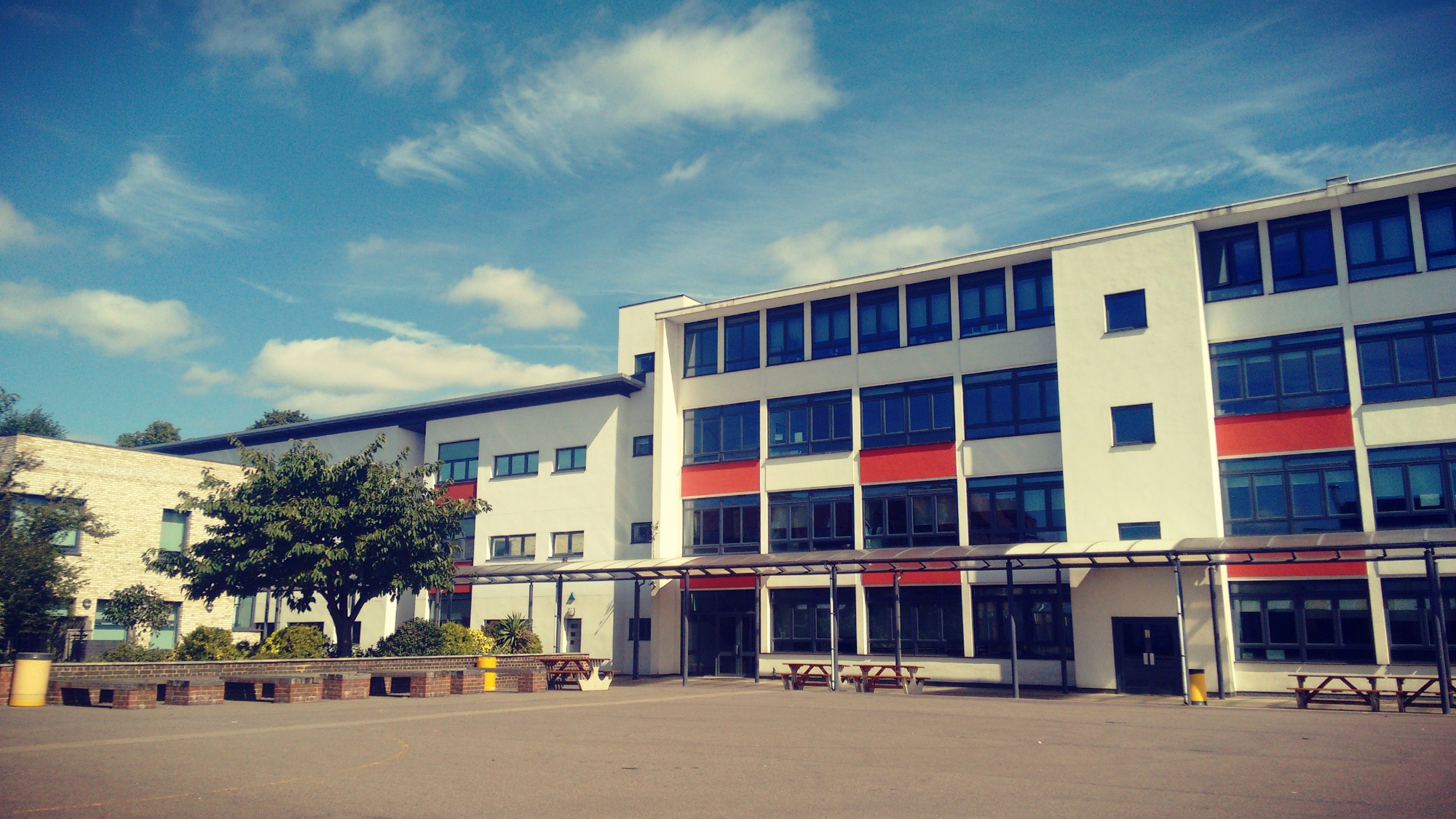Identifying Safeguarding Issues
Safeguarding includes the processes that are undertaken to keep all children safe and promote of their welfare. Safeguarding means:
- To protect children from maltreatment
- To prevent impairment of children's health or development
- To ensure that children grow up in circumstances consistent with the provision of safe and effective care
- To take action to enable all children to have the best outcomes
What is considered a Safeguarding Issue?
Gladesmore school is aware of the current national Safeguarding issues that children and young people may experience, some of which are listed below. We are committed to working closely with outside agencies and committed to enforcing our school policies to combat the effects of these issues should they arise.
- Abuse-Neglect, Sexual, Emotional and Physical
- Anti-social criminal behaviour
- Bereavement
- Bullying Including Cyberbullying
- Child Criminal Exploitation (CCE)
- Child missing from home or care
- Child Sexual Exploitation (CSE)
- Children missing from education
- Children with family members in prision
- Consensual and non-consensual sharing of nude and semi-nude images and/or videos
- County lines
- Domestic abuse
- Fabricated or induced illnesses
- Faith Abuse
- Female Genital Mutilation (FGM)
- Forced Marriage
- Gangs and Youth Violence
- Gender Based Violence against women & girls (VAWG)
- Grooming
- Hate Crime
- Honour based violence
- Knife crime
- Mental health
- Online Safety
- Private fostering
- Radicalisation (including extremism and terrorism)
- Sexting
- Sexual violence and sexual harassment
- Substance abuse
- Teenage Relationship Abuse
- Trafficking and modern slavery
- Up skirting
- Vulnerable children (LAC, CP, CIN and EH)
What are the types of abuse?
Types of Abuse and Neglect
There are broad categories of abuse that may also manifest in some of the issues listed under ‘specific Safeguarding Issues’. They are:
- Physical abuse is when someone hurts or harms a child or young person on purpose.
- Sexual abuse can happen in person or online. Contact abuse happens when an abuser makes physical contact with a child. Non-contact abuse happens when a child is abused without being touched by the abuser. This can be in person or online. (NSPCC 2019)
- Emotional abuse is any action, spoken or otherwise that negatively affects the way that a child feels, causing low moods, sadness or self-inflicted harmful behaviours.
- Neglect is the ongoing failure to meet a child's basic needs and the most common form of child abuse. A child might be left hungry or dirty, or without proper clothing, shelter, supervision or health care. This can put children and young people in danger. It can also have long-term effects on their physical and mental wellbeing. (*NSPCC 2020)
- Exploitation is the deliberate manipulation or abuse of power used to have control over another person, usually for some form of gain. This can be for a range of reasons including personal, financial or sexual (this often includes grooming).
There might not be any obvious physical signs of emotional abuse or neglect. A child might not tell anyone what is happening until they reach a 'crisis point'. That is why it is important to look out for signs in how a child is acting.
Neglect and emotional abuse were the most common reasons for a Child Protection plan in England in 2017/18.
*"NSPCC 2020 - How safe are our children?" - https://learning.nspcc.org.uk/media/2287/how-safe-are-our-children-2020.pdf
Radicalisation and Extremism
There have been various news reports and articles in recent years regarding radicalisation and extremism. The Home Office has put the ‘Prevent’ initiative in place in an effort to counteract plans of terrorism. Schools have guidelines to follow and a range of external agencies to support if we become concerned.
Please find below information regarding this topic. In addition feel free to contact the Safeguarding officers if you would like clarification.
Please refer to the following information:
Sexual Assault
The students are taught how to stay safe and are equipped with the knowledge to recognise potentially dangerous situations towards themselves or their peers.
PSHE lessons and assemblies offer guidance regarding peer on peer abuse, invasion of space, inappropriate touching, up-skirting and unsafe online activities. Project Guardian also works with students regarding sexual assault on public transport.
GOV.UK – DfE, Sexual violence and sexual harassment between children in schools and colleges.
https://www.gov.uk/government/publications/keeping-children-safe-in-education--2
NSPCC, A child’s legal rights: legal definitions.
https://www.nspcc.org.uk/preventing-abuse/child-protection-system/legal-definition-child-rights-law/legal-definitions/

